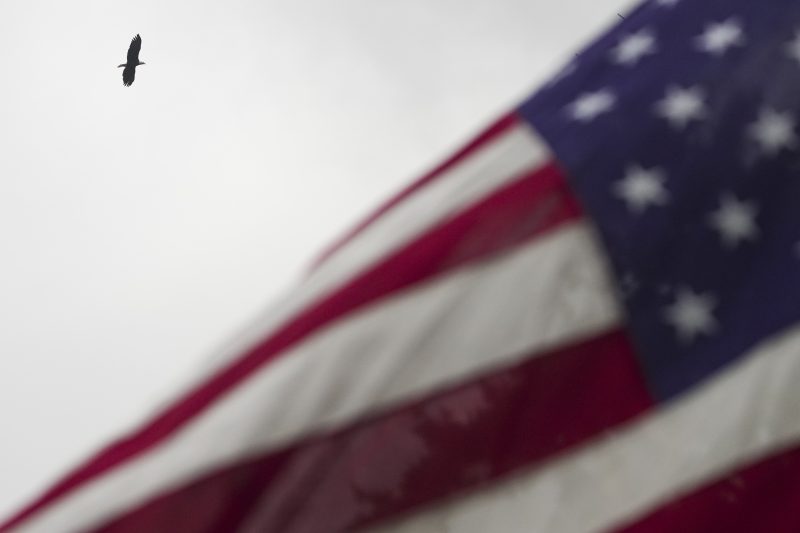
Harrisburg-based Aurelius Program aims to help veterans with brain injuries
(WHTM) — A program to help veterans with brain injuries based at Harrisburg University has caught the attention of a U.S. senator.
Chris Johnson spent 20 years in active duty and is a retired Green Beret. He’s had several deployments and survived three IED incidents, but he was not unscathed.
“I was suffering from really bad headaches,” said Johnson. “Of course, insomnia, a lot of cognitive issues.”
Johnson’s is a too-familiar story of brain trauma that too often ends in depression, even suicide, but The Aurelius Program is working to rewire brains and rewrite endings.
U.S. Senator Dave McCormick, West Point grad and retired Army officer, checked it out for himself and checked in with three participants.
“All three of them said it had been a huge improvement in their diagnosis, their challenge, their lives,” said McCormick. “You’ve done something special.”
Aurelius is intensive. 7 hours a day for weeks. It combines hyperbaric oxygen with transcranial magnetic stimulation with exercise.
“So all three of those together in a daily stack is what we’re doing,” said Anson Flake, the co-founder of Aurelius. ‘It hasn’t been done in the United States.”
It has been done at Harrisburg University for several months. Data on each soldier was collected. It’s a small sample size, but a big promise.
“Everyone we have going through this program is getting great results,” said Aurelius Clinical Director Audrey Johnson. “The referrals we’re getting, they’re spreading the word. They’re getting their friends in here, they’re getting other military in here.”
One of Chris’s Army brothers is showing the signs, but kidnapping shouldn’t be required, McCormick says, for those who risked their lives and served their country.
“His marriage is struggling,” Chris said. “He’s starting to drink heavier and heavier, and you know, I wish I could just kidnap him, bring him up here, and put him through this program, because I know that it would help him.”
But kidnapping shouldn’t be required, McCormick says, for those who risked their lives and served their country.
“I’m hoping that I can be an advocate at the federal level for funding for a pilot that would expand this,” said McCormick.

Comments are closed.